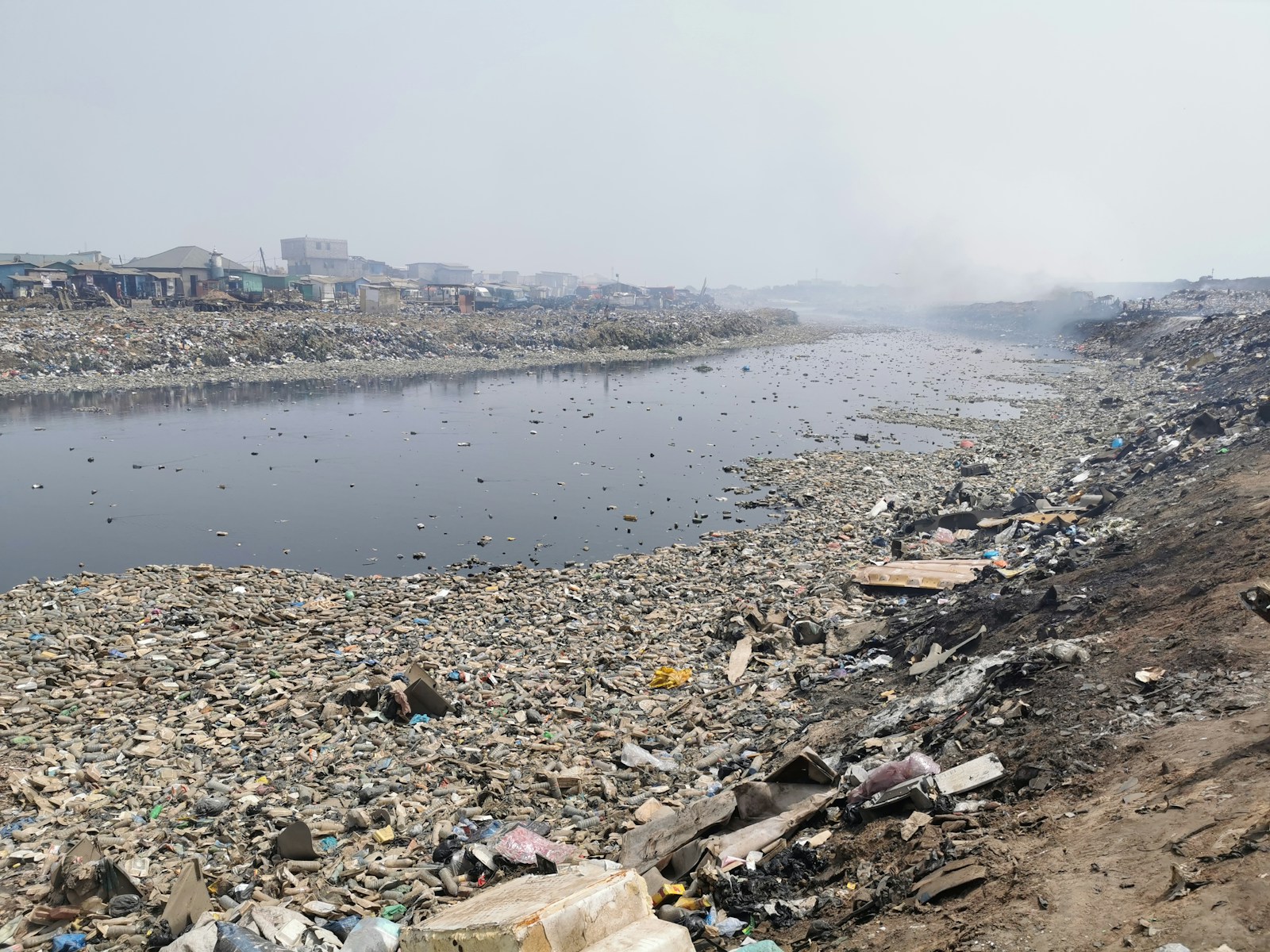No More River-Dumping: FSSAI’s New Green advisory for Seized Food

FSSAI’s 3rd November advisory turns the vague phrase “safe disposal” into a time-bound, camera-recorded, state-reported protocol that links food-safety enforcement to environmental protection.
Background
The power to destroy unsafe food has existed since Section 38(4) and 47(4) of the Food Safety and Standards Act, 2006, but field officers were left to improvise. A December 2020 circular asked them to follow court orders and “scientific disposal”, yet rivers and open fields continued to receive tonnes of expired biscuits, rejected oil and seized snacks. The new note repeats the old instruction while filling in the blanks that allowed slip-ups.
Table of Contents
Who must obey
Every Commissioner of Food Safety, every Designated Officer, every Food Safety Officer and every enforcement squad in every state and union territory is now bound by the directive. The moment a food article is seized, rejected or declared expired, the advisory kicks in.
Absolute bans
Officers are told in plain language that dumping seized food, or even its wrappers, into rivers, lakes, drains, ocean fronts or open land is “strictly prohibited under any circumstances”. The clause removes the wiggle room that sometimes let local bodies look away.
Approved methods
Instead of ad-hoc solutions, the authority offers a small but complete menu. High-calorific waste can be carted to Central Pollution Control Board-authorised incinerators where complete combustion is recorded. Biodegradable matter can be composted or fed into certified anaerobic digesters to yield manure or biogas. Whatever is left must travel only to designated sanitary land-fills fitted with leachate control; even there, organic and inorganic fractions have to be segregated first. The common thread is partnership: officers must line up the local municipality, panchayat or pollution board before the truck moves.
Procedure
Planning starts at the district level. Each Designated Officer must prepare a roster of verified incinerators, compost plants and land-fill sites and share it with the state Commissioner. When destruction is ordered, a Food Safety Officer or his authorised deputy escorts the consignment. Two independent witnesses—often a local teacher or shopkeeper—join the convoy. A mobile phone or body-cam records every frame from weighing to final burn, burial or compost turn. The officer then drafts a one-page Disposal Certificate. For high-volume lots the state pollution control body is kept in the loop so that air or groundwater can be monitored.
Video evidence and third-party witnesses create a twin audit trail. The chances of clandestine re-sale or partial diversion shrink dramatically.
Numbers travel upward. States/UTs have to email a monthly Disposal Compliance Report to FSSAI by the fifth of every month. Non-submission or false reporting will be treated as non-compliance under the parent Act and can invite penalties or prosecution.
The advisory silently acknowledges a practical gap: many districts still lack CPCB-approved incinerators or compost units. Officers are told to “identify” suitable facilities, a hint that states must speed up investment or tie up with private waste-to-energy plants before the next mega seizure.
Conclusion
By marrying food-safety powers to green-collar discipline, FSSAI has given enforcement officers a simple mantra—destroy quickly, but prove you did it without harming the planet. If states follow the script, the next batch of seized noodles will end in monitored flames or rich compost, not floating down-river for social-media outrage.
For further details write to contact@indialaw.in
By entering the email address you agree to our Privacy Policy.



